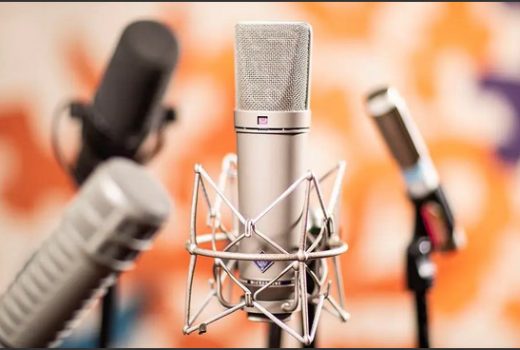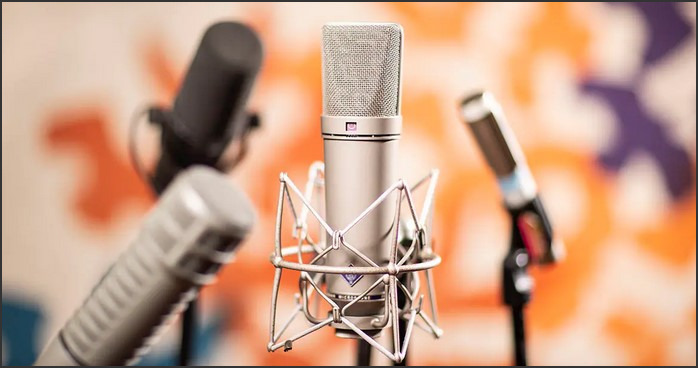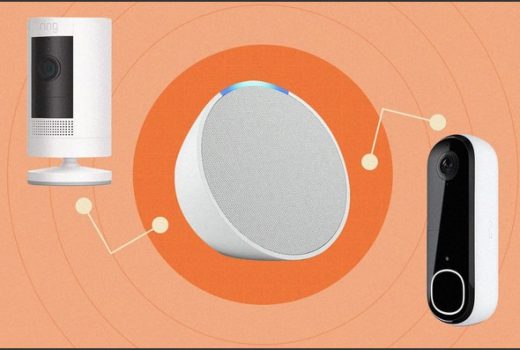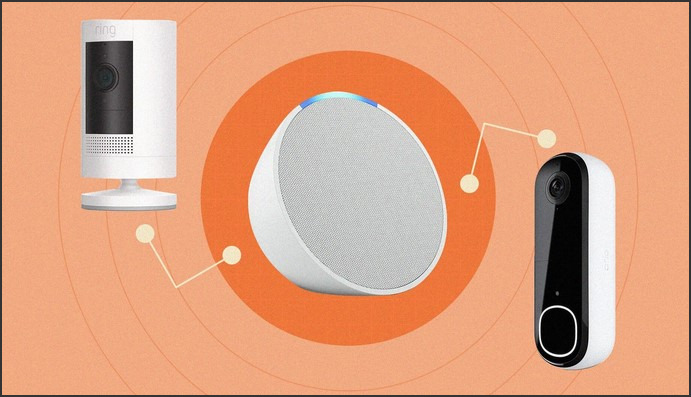Gym Class: The Evolution of Physical Education in Schools

Source : https://plt4m.b-cdn.net
Gym class, often considered a cornerstone of childhood education, has evolved significantly over the years. From simple games in open spaces to a more structured and health-focused curriculum, physical education (PE) has adapted to meet the changing needs of society. Initially regarded as a necessary outlet for children to burn off energy, gym class now plays a pivotal role in fostering physical, mental, and social well-being. This article takes a deep dive into the history of gym class, its evolution, and its current importance in schools today.
The Early Days of Gym Class: Physical Activity as Discipline
Physical education’s roots can be traced back to ancient civilizations, where physical fitness was seen as a critical component of overall health. However, modern gym class, as we know it, began to take shape in the 19th century. In the United States and Europe, physical education was initially introduced in schools as a way to instill discipline and improve military readiness.
The introduction of gym class was part of a broader movement during the 1800s aimed at incorporating physical activity into the daily routine of children. In the United States, PE was first formalized in the late 1800s, largely due to the influence of educators like Dio Lewis, who promoted calisthenics, and Catherine Beecher, who advocated for women’s health and fitness. Gym class at this time was heavily focused on exercises designed to improve physical strength, endurance, and overall discipline.
Throughout the early 20th century, physical education became an essential part of public schooling. However, the nature of gym class still leaned towards traditional forms of exercise, such as running, gymnastics, and calisthenics. Games were typically rudimentary, and the focus was primarily on fitness and athleticism, with less attention to inclusivity or broader health education. This approach reflected the era’s belief that physical fitness was closely tied to moral character, and that physical exertion was a means of promoting self-discipline and good behavior among children.
The Changing Nature of Gym Class: From Fitness to Holistic Health
As the years passed, the role of gym class began to shift. In the mid-20th century, educators began to recognize that physical education was not only about physical fitness but also about social, mental, and emotional well-being. The post-World War II period saw a growing interest in health, nutrition, and the benefits of exercise beyond the athletic field. This shift was particularly notable in the United States, where the first physical education standards were introduced in the 1950s.
Gym class started to incorporate a wider variety of activities, such as swimming, team sports, and even dance, which aimed to make physical activity more enjoyable and accessible to a broader range of students. The focus gradually expanded from mere physical fitness to the development of lifelong habits that promote overall well-being. This shift was further propelled by the advent of national health initiatives and campaigns that highlighted the importance of physical activity in combating rising rates of obesity and lifestyle diseases.
The Influence of Technology and Modern Trends
In the 21st century, gym class has continued to evolve, adapting to modern challenges and the changing landscape of education. Technology has played a crucial role in this transformation. Schools today are more likely to incorporate fitness tracking devices, apps, and interactive platforms into gym class activities. These tools allow students to monitor their progress, set goals, and receive personalized feedback on their performance.
Additionally, there has been a growing recognition of the diverse needs of students, which has led to the introduction of more inclusive and varied physical education programs. For example, adaptive physical education programs are designed to cater to students with disabilities, ensuring that everyone has access to the benefits of physical activity. Schools have also made an effort to emphasize mental health alongside physical fitness. Yoga, mindfulness, and stress-reduction techniques are increasingly being incorporated into gym classes to promote emotional well-being and coping mechanisms for students. This holistic approach reflects a broader understanding of the interconnectedness of physical and mental health.
Today, gym class often incorporates a variety of activities designed not only to improve physical fitness but also to build teamwork, communication skills, and personal responsibility. These activities encourage students to collaborate, lead, and support one another, fostering a sense of community and inclusion. Additionally, educators now place a greater emphasis on developing a positive relationship with physical activity, rather than simply focusing on competition or athletic achievement.
The Future of Gym Class: A Focus on Wellness and Personalization
Looking ahead, the future of gym class will likely continue to emphasize personalization and adaptability. As physical education evolves to meet the needs of today’s diverse student populations, the future will likely see even more tailored programs. For instance, schools may offer a wider range of activities that allow students to choose their preferred types of exercise, from individual sports like running or cycling to group activities like yoga or fitness challenges.
Moreover, gym class may become even more integrated with technology. Virtual fitness programs, for example, could allow students to engage in physical activities from anywhere, fostering greater flexibility and inclusion. Additionally, health education may play an even greater role in gym class, as students are educated not only about how to exercise but also about proper nutrition, sleep hygiene, and mental health practices. This comprehensive approach would aim to prepare students for a lifetime of healthy living.
In conclusion, gym class has evolved significantly from its early days as a tool for discipline to a multifaceted program focused on the holistic health and well-being of students. Today’s gym class not only helps students develop physical fitness but also builds social skills, promotes emotional well-being, and encourages lifelong healthy habits. As society continues to change, gym class will likely continue to adapt, providing students with the tools they need to live active and healthy lives. Ultimately, gym class will remain a critical part of the educational experience, promoting physical, mental, and social development. It is clear that the evolution of gym class has been a response to the growing understanding of the importance of overall wellness, and its future will likely continue to focus on fostering a balanced and healthy lifestyle for all students.



















